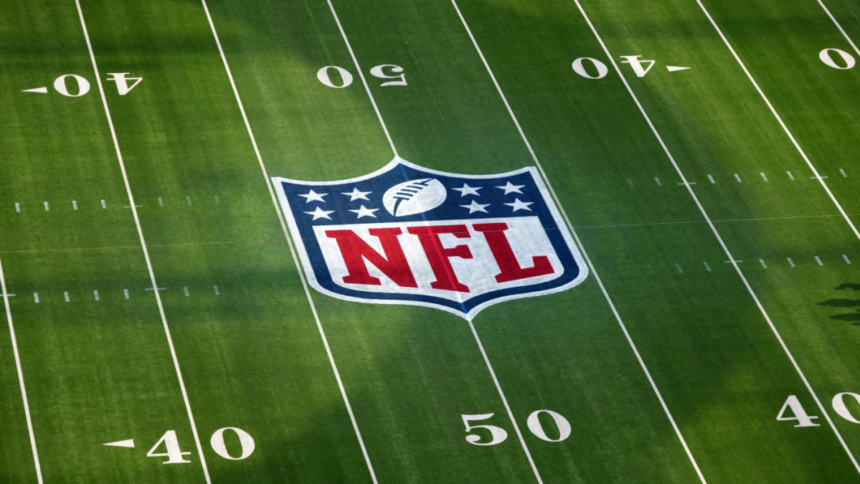A class-action lawsuit that has been making its way through the court system for nearly 10 years is finally seeing the light of day in a court room and it’s a case that could cost the NFL more than $21 billion.
The case, which was originally filed in 2015, revolves around “Sunday Ticket” and whether the NFL violated any antitrust laws by offering that package to consumers. Starting in 1994, the NFL began offering “Sunday Ticket” as an option for out-of-market fans who wanted to watch their home team. For instance, a Steelers fan living in Seattle wouldn’t have had many options to watch Pittsburgh play prior to 1994, but with the inception of “Sunday Ticket,” that fan had a way to watch every Steelers game.
The argument from the plaintiffs is pretty simple: They think the NFL worked together with its network partners to inflate the price of “Sunday Ticket.” The attorney for the plaintiffs, Amanda Bonn, said that the price for “Sunday Ticket” is unaffordable for most people.
“NFL, Fox, CBS and DirecTV agreed to make an expensive toll road that very few people would be able to afford,” Bonn said in her opening statement, via the Associated Press. “Every single competitor in this scheme benefited.”
As for the NFL, the league’s attorney, Beth Wilkinson, made the argument that “Sunday Ticket” is expensive because it’s a premium offering.
“The case is about choice. This is a valuable, premium product. Think about all the choices available to fans. We want as many people as possible to watch the free broadcasts,” Wilkinson said, via the AP.
The NFL designed “Sunday Ticket” so that it wouldn’t take a huge chunk of TV ratings away from its network partners, according to former NFL executive Steve Bornstein, who testified on Thursday.
“The NFL always wanted ‘Sunday Ticket’ to be an additional package. That is how it is was designed since its inception,” Bornstein said.
If the NFL were to lose this case, it could potentially be extremely costly. The plaintiffs are seeking $7.1 billion in damages, but since this is a federal antitrust case, the law calls for that number to be tripled, which means there’s potentially $21.3 billion on the line for the NFL. Overall, this is a case that covers every residential and commercial customer who subscribed to “Sunday Ticket” between 2012 and 2022, which puts the class-action number at nearly 2.5 million people, according to the AP.
DirecTV had the “Sunday Ticket” Package from 1994 through 2022 before YouTube TV took over last season.
When it comes to the court system, the NFL doesn’t usually let things get this far. However, the league did pay out $790 million to the city of St. Louis and several other entities after settling a case in 2021 that revolved around the relocation of the Rams.











